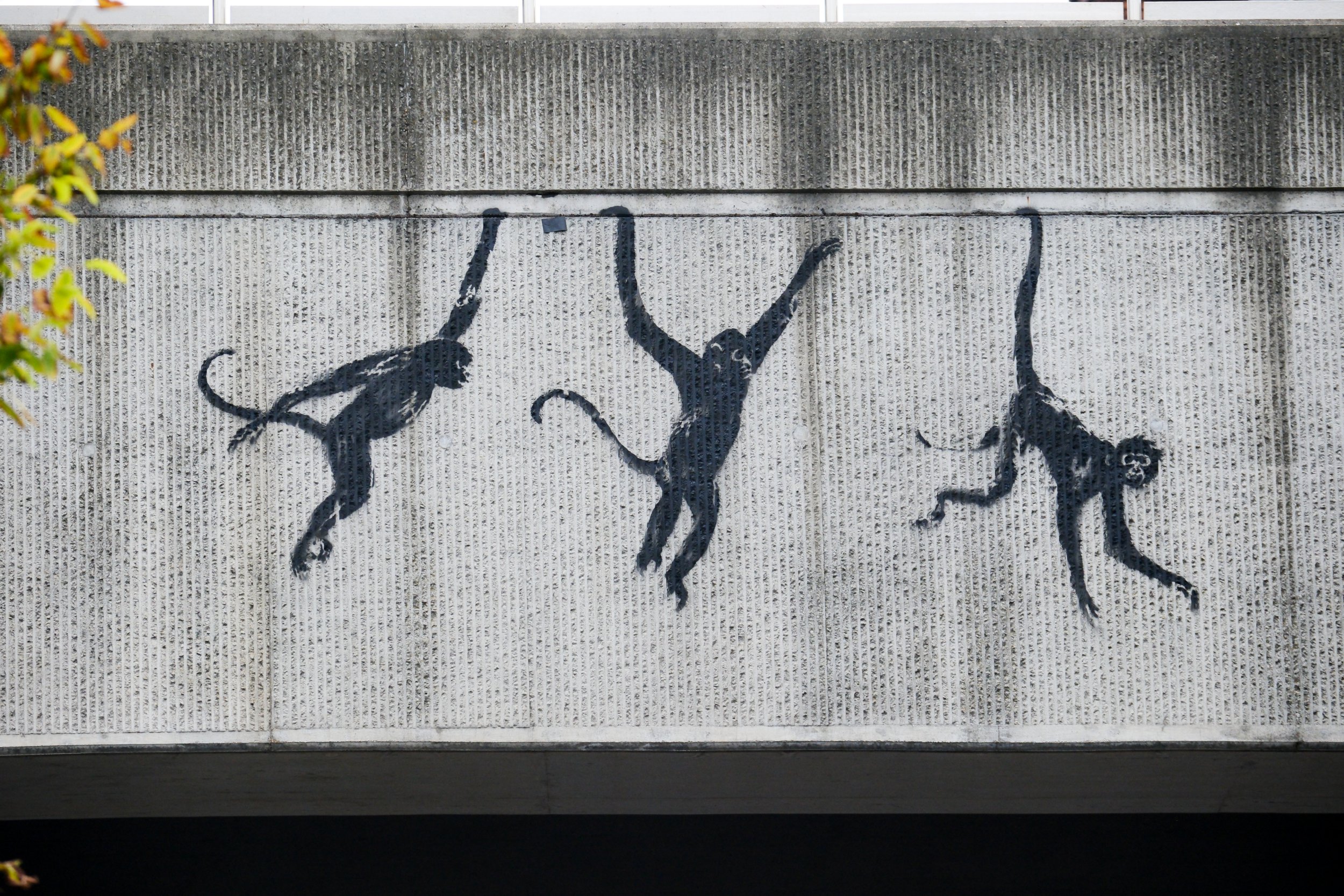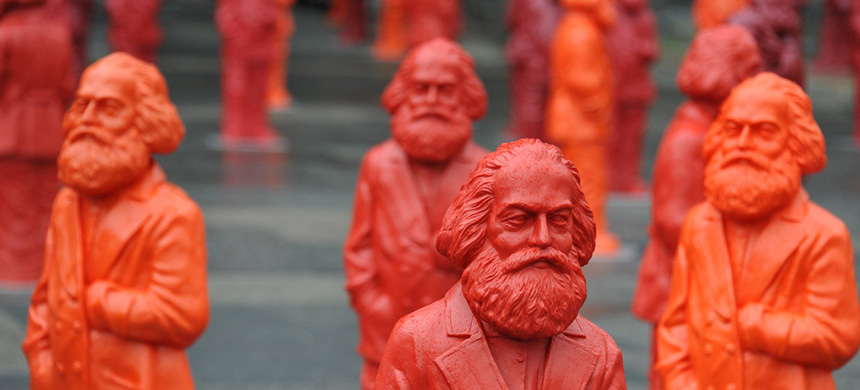- Instructor: Kathryn Pendoley

Do things (the external world, our minds) exist at all? Do we know, and how do we know, whether or not things exist?
The first question is metaphysical, and the second is epistemological. This course examines how two opposing Indian philosophical traditions address these questions: Buddhist and Nyāya philosophers. We will primarily draw from Nāgārjuna’s The Dispeller of Disputes (Vigrahavyāvartanī), Vasubandhu’s Twenty Verses (Viṃśatikā), the Three Natures Doctrine (Trisvabhāva), and Chapter 9 “Refutation of the Self” (Ātmavādapratiṣedha) from the Abhidharmakośabhāṣya, Vātsyāyana’s Nyāyabhāṣya, and Uddyotakara’s Nyāyavārttika. We will also engage with modern scholarship and explore connections to contemporary debates in Anglo-American philosophy.
On the metaphysical question, Nāgārjuna argues for the emptiness view that nothing—whether physical or mental—has intrinsic nature (svabhāva). This raises the question: Is existence possible without intrinsic nature? Vasubandhu argues that external physical entities don’t exist—everything is consciousness-only (vijñapti-mātra). The Nyāya philosophers defend robust realism, which posits that both physical and mental entities exist. On the epistemological question, Nāgārjuna argues that there is no reliable means to establish knowledge of anything. Vasubandhu is more optimistic: while ordinary perception misleads us about external objects, direct meditative insight can reveal the consciousness-only nature of reality. The Nyāya philosophers argue that we have reliable sources of knowledge (pramāṇa)—including perception, inference, verbal utterances, and analogy—to know about what there is. Through careful analysis of their arguments, we will discover how these ancient debates illuminate contemporary philosophical discussions in metaphysics and epistemology, such as epistemic circularity, external world skepticism, testimonial knowledge, and personal identity.
Upon successful completion of this course, students will be able to:
1. Reconstruct the arguments provided by both Buddhist and Nyāya philosophers in addressing these fundamental metaphysical and epistemological questions.
2. Critically evaluate their philosophical arguments through close textual analysis by identifying what is at stake for them, their premises, conclusions, and underlying assumptions.
3. Identify how the Indian debate may illuminate corresponding contemporary discussions.
The first question is metaphysical, and the second is epistemological. This course examines how two opposing Indian philosophical traditions address these questions: Buddhist and Nyāya philosophers. We will primarily draw from Nāgārjuna’s The Dispeller of Disputes (Vigrahavyāvartanī), Vasubandhu’s Twenty Verses (Viṃśatikā), the Three Natures Doctrine (Trisvabhāva), and Chapter 9 “Refutation of the Self” (Ātmavādapratiṣedha) from the Abhidharmakośabhāṣya, Vātsyāyana’s Nyāyabhāṣya, and Uddyotakara’s Nyāyavārttika. We will also engage with modern scholarship and explore connections to contemporary debates in Anglo-American philosophy.
On the metaphysical question, Nāgārjuna argues for the emptiness view that nothing—whether physical or mental—has intrinsic nature (svabhāva). This raises the question: Is existence possible without intrinsic nature? Vasubandhu argues that external physical entities don’t exist—everything is consciousness-only (vijñapti-mātra). The Nyāya philosophers defend robust realism, which posits that both physical and mental entities exist. On the epistemological question, Nāgārjuna argues that there is no reliable means to establish knowledge of anything. Vasubandhu is more optimistic: while ordinary perception misleads us about external objects, direct meditative insight can reveal the consciousness-only nature of reality. The Nyāya philosophers argue that we have reliable sources of knowledge (pramāṇa)—including perception, inference, verbal utterances, and analogy—to know about what there is. Through careful analysis of their arguments, we will discover how these ancient debates illuminate contemporary philosophical discussions in metaphysics and epistemology, such as epistemic circularity, external world skepticism, testimonial knowledge, and personal identity.
Upon successful completion of this course, students will be able to:
1. Reconstruct the arguments provided by both Buddhist and Nyāya philosophers in addressing these fundamental metaphysical and epistemological questions.
2. Critically evaluate their philosophical arguments through close textual analysis by identifying what is at stake for them, their premises, conclusions, and underlying assumptions.
3. Identify how the Indian debate may illuminate corresponding contemporary discussions.
- Instructor: Lee Ling Ting



